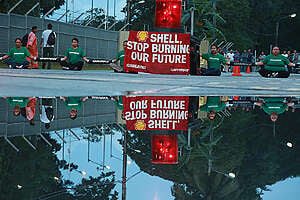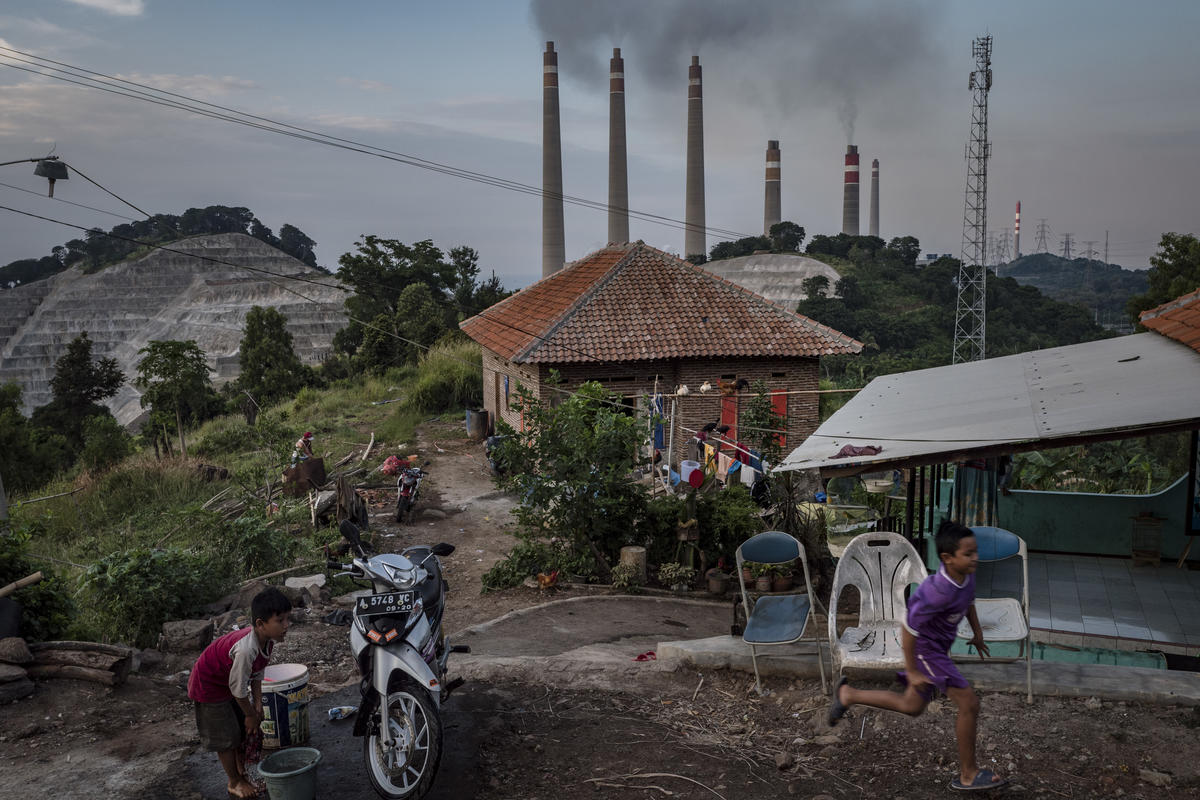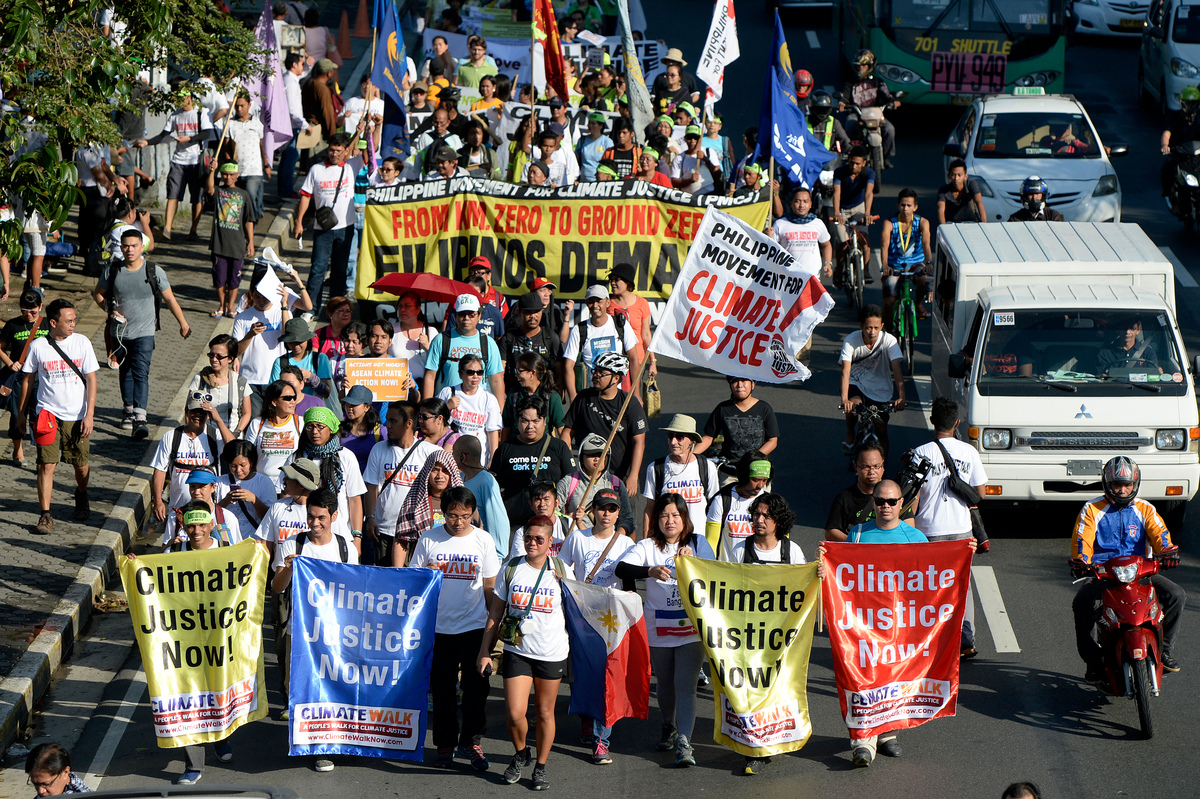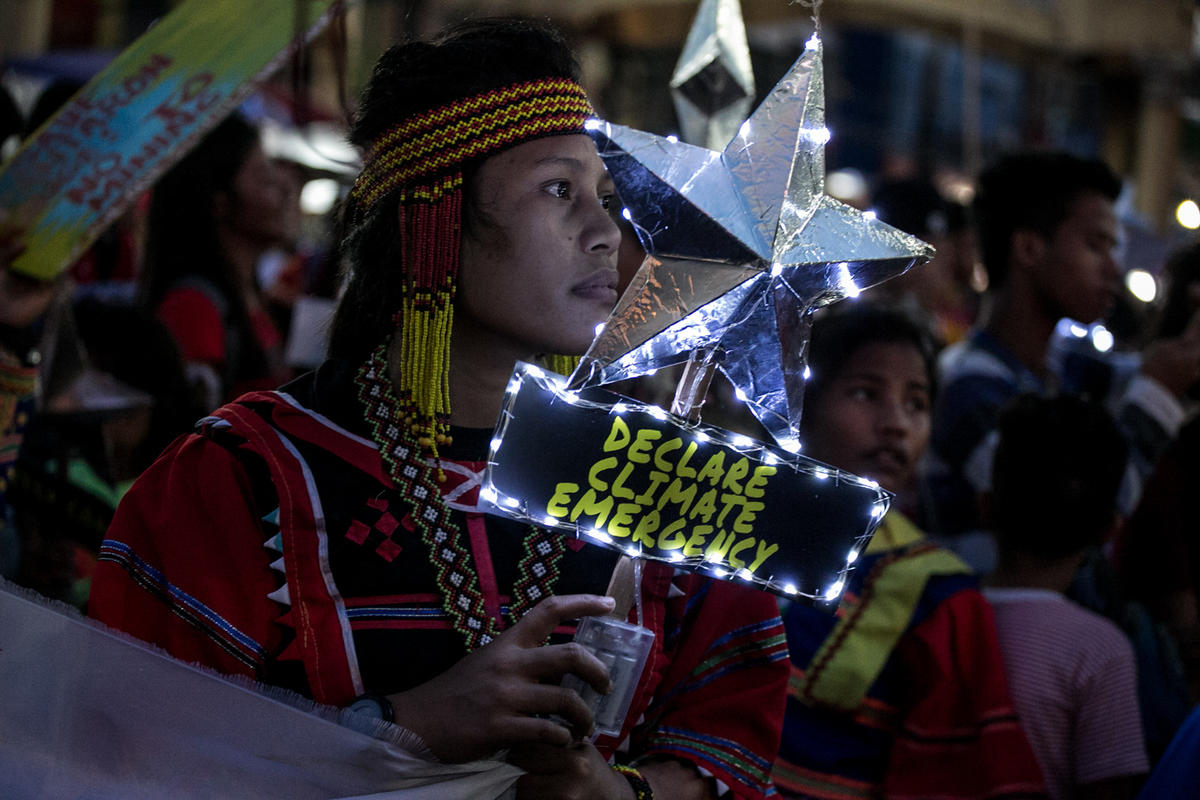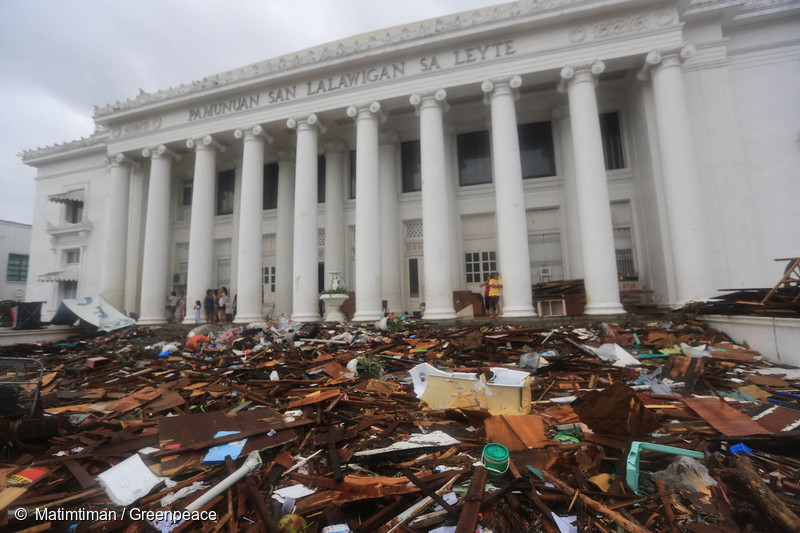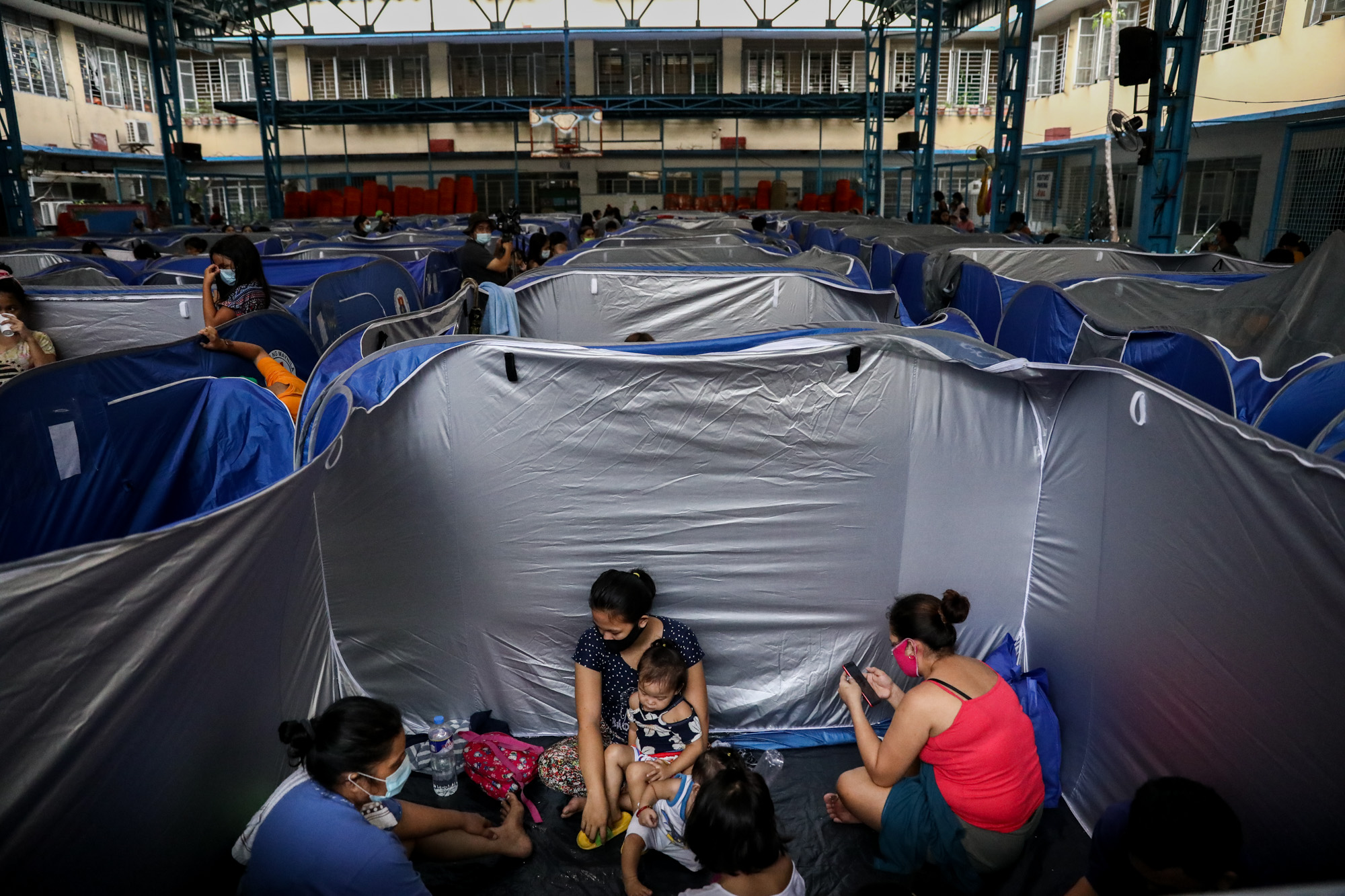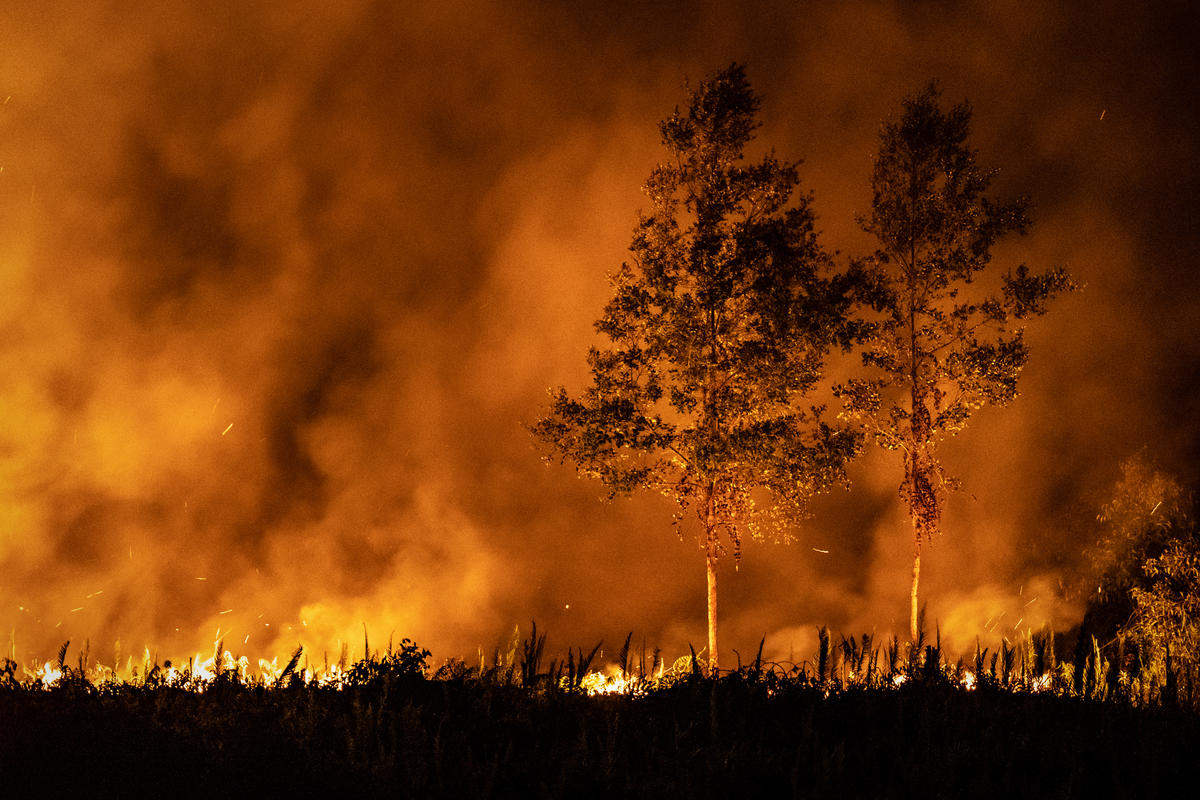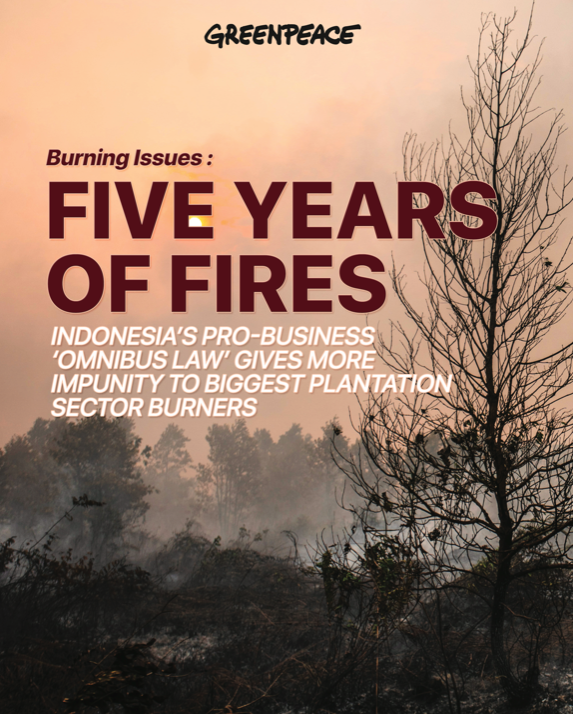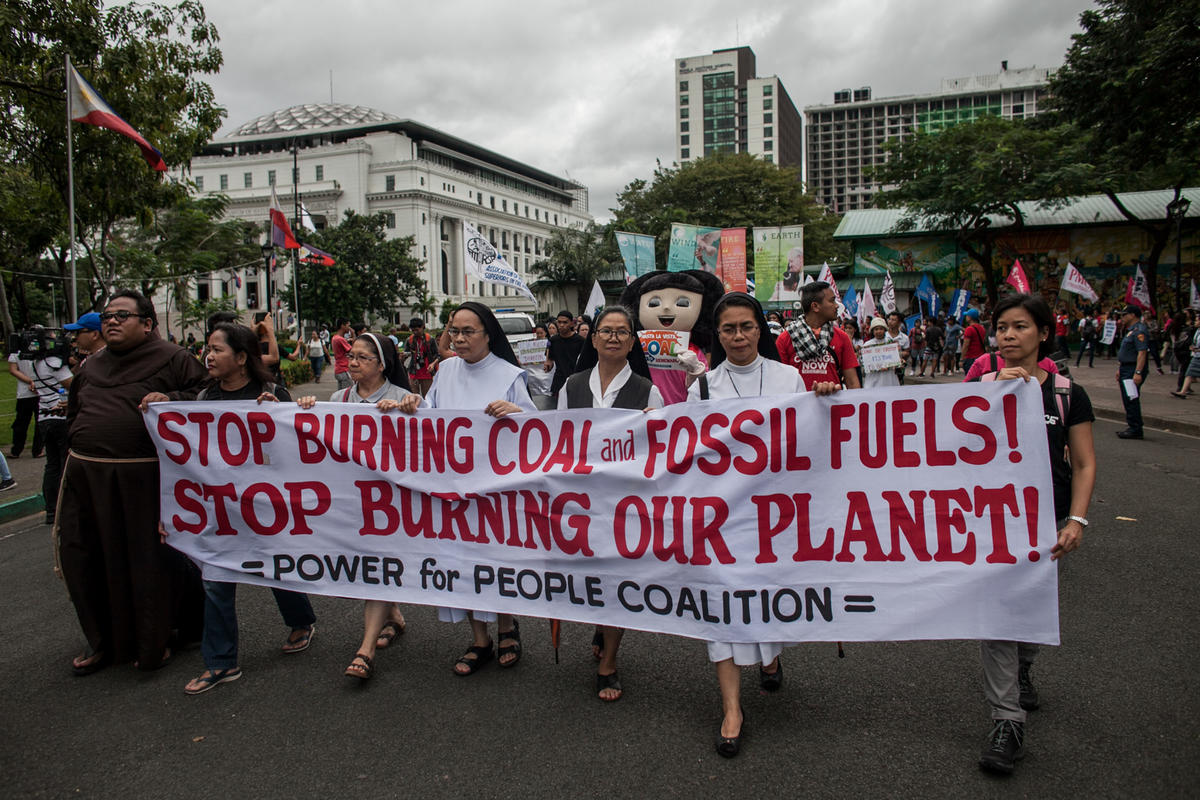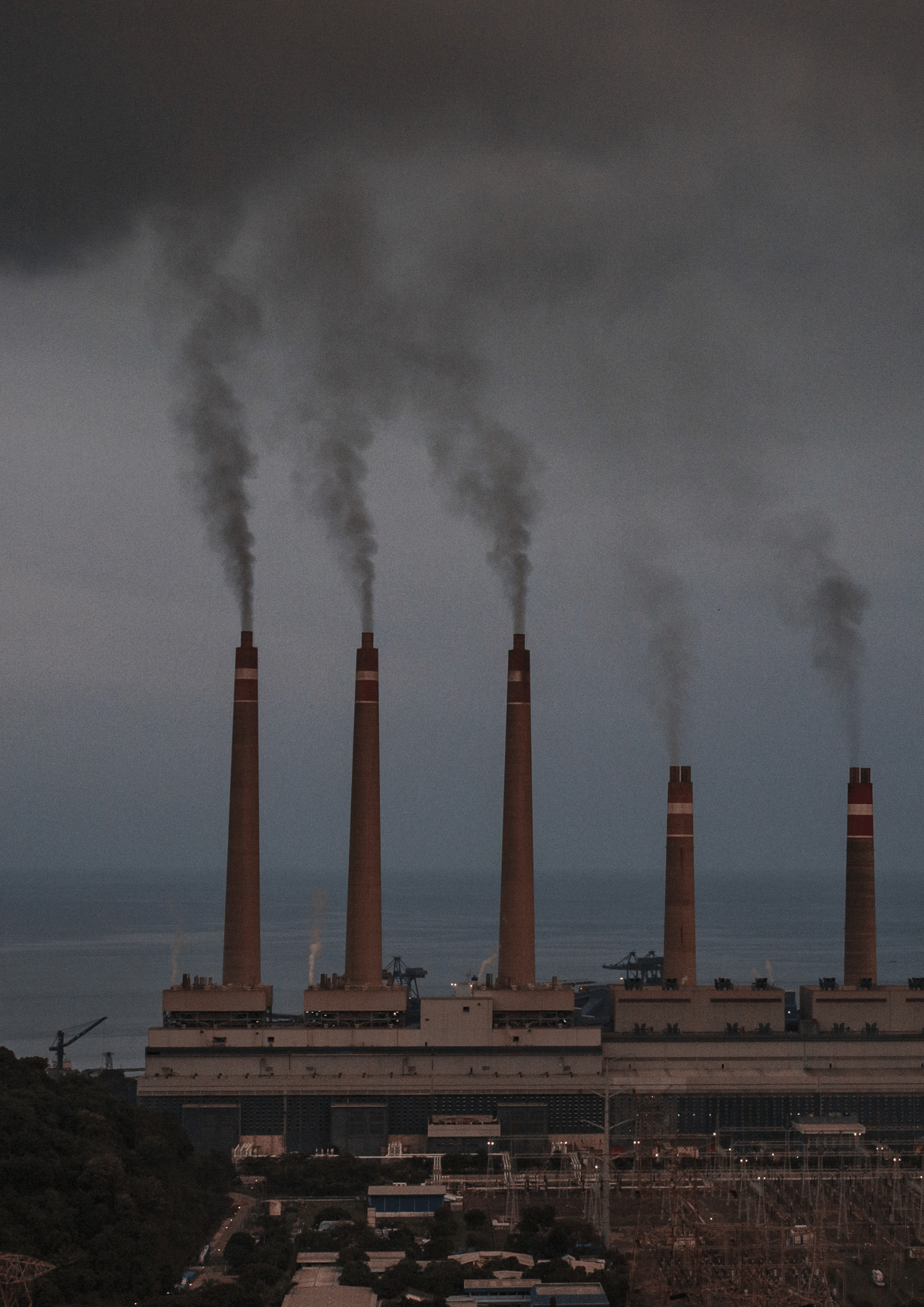All articles
-
CIMB exits coal finance
Effective in 2021, CIMB will no longer finance new or expansions of thermal coal mines and coal-fired power plants, except where there is an existing commitment. CIMB has committed to developing a comprehensive plan to reduce its coal exposure to zero by 2040.
-
Greenpeace lauds the Philippine House of Representatives for climate emergency declaration push
Among the key components of the resolution is to call on major carbon emitters, locally and abroad, to take responsibility for climate change, reinvest in renewable and sustainable energy, as well as encourage local governments to issue climate emergency declarations.
-
Climate Emergency declaration key to determining crucial steps to protect Filipinos from disasters – Greenpeace Philippines
Declaring a climate emergency also calls for establishing an enjoined whole-of-government and whole-of-society approach to strengthen climate response; charging the relevant government agencies and the Congress to adopt policies and enact laws to protect the climate, on the basis of climate justice...
-
Justice in the face of extreme climate disasters
It is only right that we continue to put public pressure on these big carbon polluters and raise our voices for justice. Let’s make 2020 count, let it be the year when we stand with climate-impacted communities as they reclaim their rights to a safe and stable climate.
-
Greenpeace Philippines renews calls for Climate Emergency Declaration as Supertyphoon Goni exits the country
Greenpeace Philippines believes that as the country charts its COVID recovery the government must use the opportunity to build in strong climate action into a response that will help address other current and future intersecting crises. Stepping up climate action now will be a big step in addressing the interrelated crises the country faces.
-
Greenpeace Philippines welcomes moratorium on new coal plants; renews call for energy transition to RE
Data from a recent Greenpeace report shows that the Philippines can easily achieve 50% RE power generation by 2030 solely through solar and wind capacity. To enable this to happen, the DOE must support their declaration with concrete policy measures such as removing financial incentives for coal and other fossil fuel power projects, imposing higher…
-
An area eight times the size of Bali has burned in Indonesia in the last five years, new Greenpeace report shows
Greenpeace Southeast Asia's new report ‘Burning Issues: Five Years of Fire’ exposes the total failure of Indonesia’s government to protect forest and peatland from burning.
-
Burning Issues: Five Years of Fire
The 2015 fire season in Indonesia was the worst in nearly two decades, with the blazes for almost a month emitting daily carbon emissions that exceeded those from the entire US economy.
-
Greenpeace Philippines reactive on Duterte’s call for stronger climate commitments at UN
Filipinos cannot afford to suffer more. President Duterte must use this opportunity to declare a Climate Emergency that will enable a recovery that will transform our economy and society to tackle the climate crisis and promote positive environmental and health outcomes. Doing so will help build resilience against future shocks, and ensure a society that…
-
Southeast Asia Power Sector Scorecard: Assessing the progress of national energy transitions against a 1.5 degrees pathway
The inevitable end of coal power has been known by policymakers and project developers for decades, and was formalized by the ratification of the Paris Agreement in 2015.

